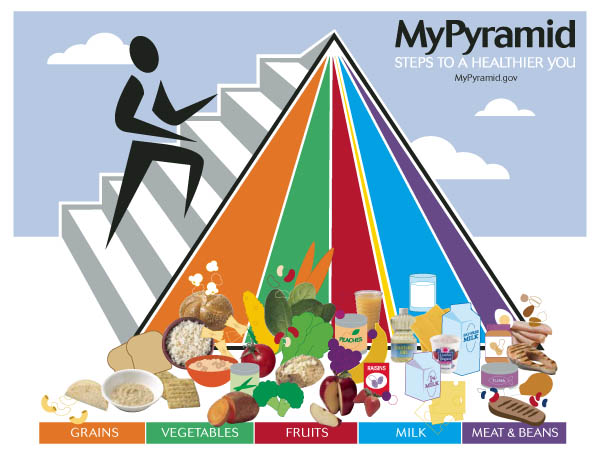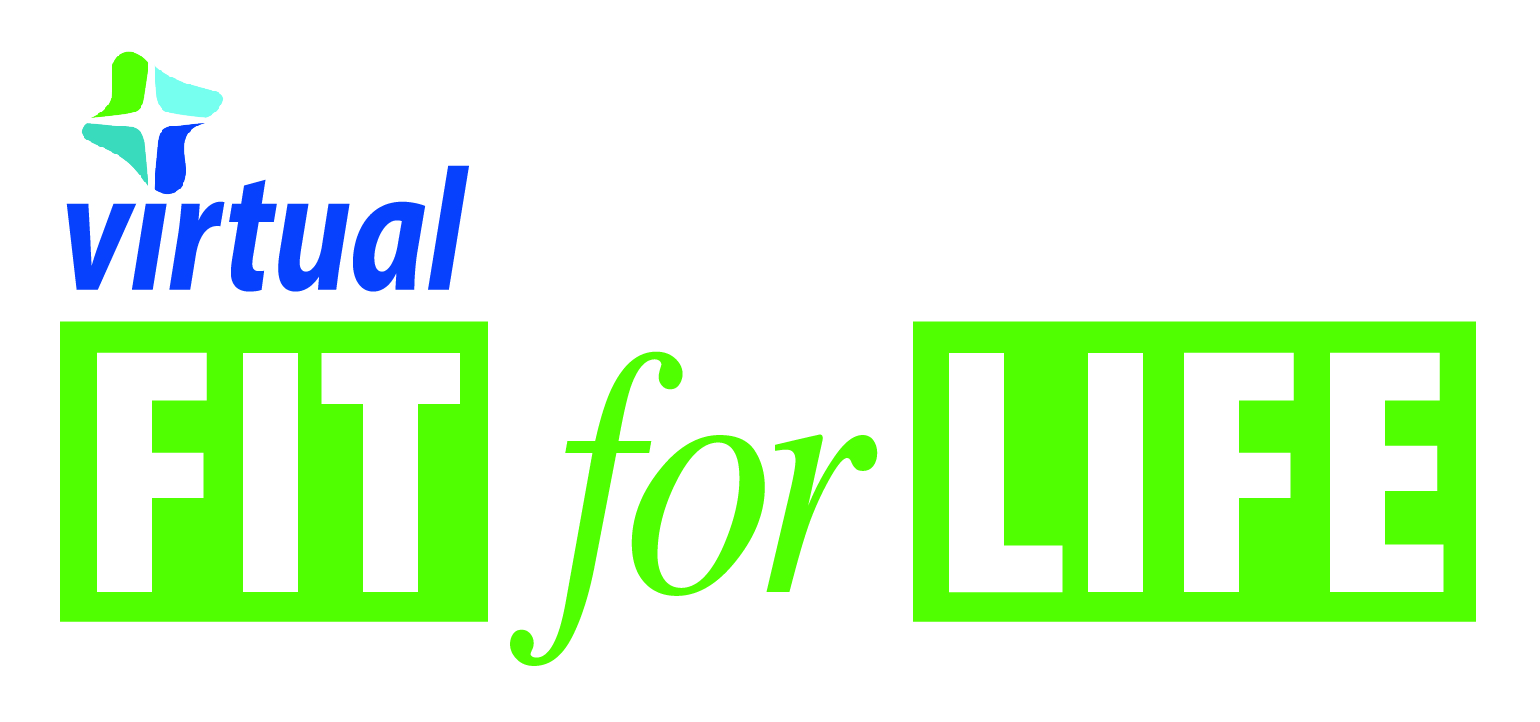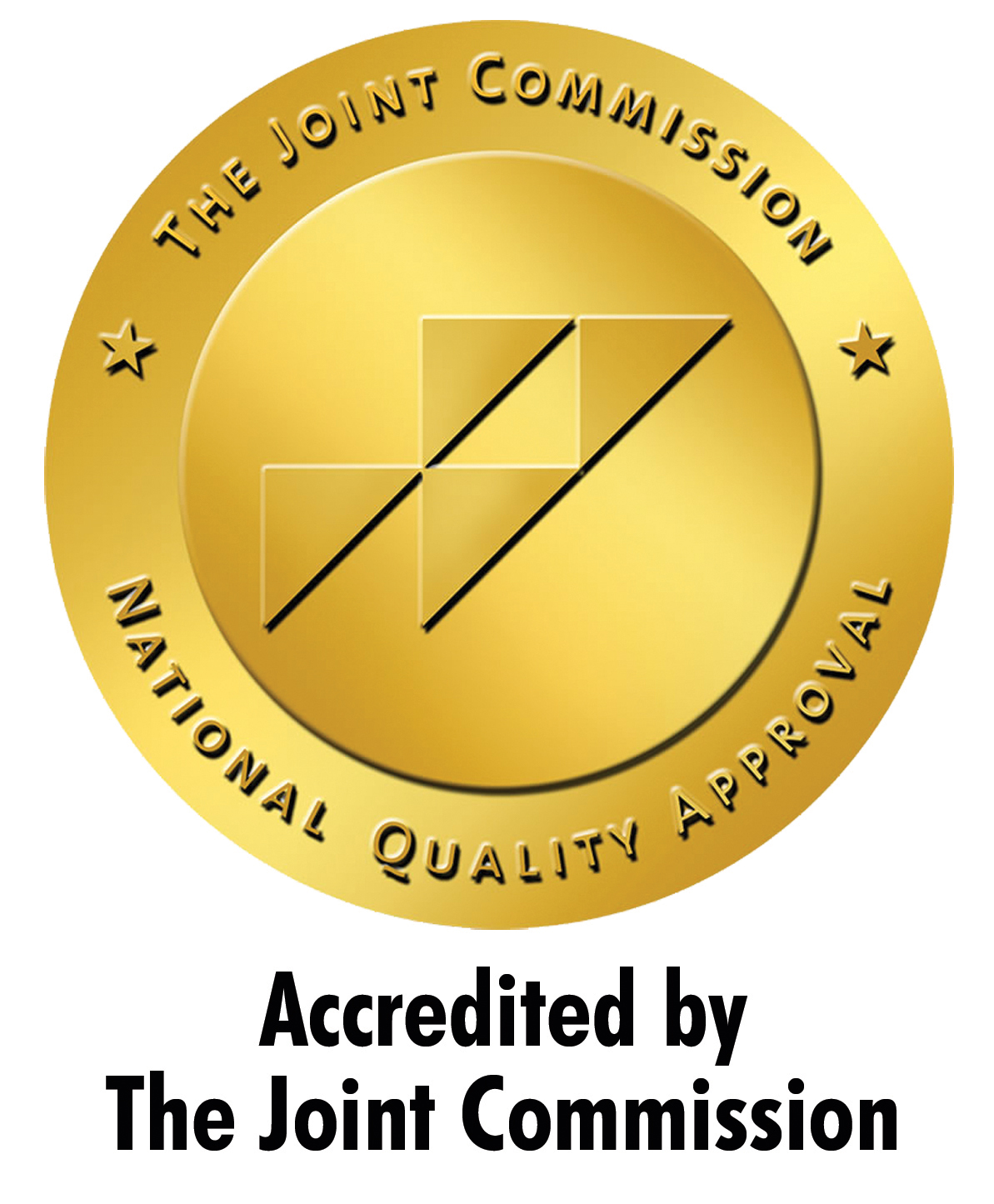Tools for Healthy Living
The Trinity Health System Twin City Medical Center Fit For Life Program has designed this page with special tools that you can use from home to start on the path to healthy living. Information begins with the Nutrition 101 story below, and more healthy living tools can be found at the bottom of the page. As more tools become available, they will be added to the bottom of this page.
(CLASSES WILL BE HELD VIRTUALLY TILL FURTHER NOTICE DUE TO COVID 19)
Nutrition 101 | Tim McKnight, MD
Nutrition Changes for a Healthier Lifestyle
- Avoid red meats --- Limit to 1-2 servings per week
- Avoid all processed, packaged lunchmeats. These are high in fat, sodium, nitrates and other preservatives which are cancer promoting.
- Avoid all processed and packaged foods. (Canned fruits and vegetables are not forbidden, but they are not as high in nutrients as the raw, fresh forms)
- Limit dairy products –Lactose intolerance and food allergies are common among milk drinkers. This leads to abdominal bloating, pain, constipation, and many common allergic reactions.
- Avoid ALL white or enriched flours such as are found in breads, noodles, crackers, rolls, biscuits, and cereals. These foods promote insulin resistance and/or obesity leading to elevated cholesterol and triglycerides, diabetes, heart disease and high blood pressure. Additionally, “enriched” foods are actually deficient in many trace elements, fiber and other natural nutrients yet to be identified as health-promoting. Instead, choose whole grain breads, oatmeal, cracked whole wheat, etc.. Other healthy carbohydrate choices include beans, peas, potatoes and corn --- all in moderation. (If you are diabetic, limit potatoes and corn)
- Limit the use of butter and avoid solid fats. These cause heart disease! Also avoid corn oil, soybean oil, palm oil. Avoid all “hydrogenated” or “trans” fats (such as in margarines, salad dressings, pastries and other packaged foods), which are clearly associated with heart disease and probably some cancers. . Instead, cook with canola oil and olive oil.
- Avoid all fried food. The heat from frying converts healthy (“cis”) fatty acids into the harmful “trans” fatty acids. These fats are carcinogenic! Butter, in moderation, may be a better cooking substitute. Try non-stick sprays or, better yet, cook with olive oil.
- Avoid alcohol. Alcohol is an empty nutrient, providing only calories with no other nutrition. Additionally, for approximately 10% of the population, alcohol is highly addictive and associated with escalating social and emotional problems.
- Avoid caffeine – Caffeine is a diuretic and stimulant that causes the heart rate to speed up and blood vessels to constrict. It also causes a surge of stress-hormone related activity that heightens awareness and alertness temporarily, but results in a “crash” in this feeling within hours leading to more consumption to maintain the stimulant effect.
- Avoid ALL soft drinks and fruit drinks. Read labels carefully and avoid all fruit juices unless the label reads "100% fruit juice".
- Avoid all sugars: (sucrose, maltose, dextrose, corn syrup, high fructose corn syrup, etc.) Be aware that “natural sweetener” on a food label has no legal definition.
- Avoid eating at all fast food restaurants. If you choose one of their healthy alternative meals, beware of the fat content and source they offer. If you still feel you can’t give up fast foods, you MUST rent the movie “Super-size Me”. This documentary can be found in most video stores and will cure you of your fast food cravings.
- Pay attention to serving sizes. Read labels closely and start measuring serving sizes. You will soon see that you and most Americans eat much more than is necessary.
Health-Promoting Nutrition Principles
- Fresh fruits and vegetables. Fruits in the berry family are especially healthy. When eating fruits and vegetables, build a “rainbow” of colors on your plate. Chose fruits and vegetables as follows: yellow/orange, red, green, blue/purple, and white.
- Whole grain breads. These should be crunchy. Besides whole wheat, don’t forget oatmeal, barley, and rye.
- Nuts and seeds. While some nuts do have a high fat content, these fats are healthy. Furthermore they provide an excellent source of protein. Seeds are also very high in nutritive value. Remember, they must be nutrient-dense to support the growth of the plant they are intended to become. (Examples of seeds are sesame, pumpkin, sunflower, etc.). Limit your intake of nuts and seeds to 1-2 hand-fulls a day. Use them as a snack to settle your hunger. Eat them with a handful of dried fruits or berries. This combination will provide you with both quick energy and longer-lasting satiety.
- Try to eat some form of fish at least twice a week. Tuna fish is easy to store and is an excellent protein source. Salmon is extremely healthy, but many find the strong fishy taste unappealing. The right seasoning can make it very tasty. Talipia and Orange Ruffy are less “fishy” in test, especially when consumed fresh.
- Fowl, like chicken and turkey, can be eaten regularly, but avoid fried preparations. Game meat can also be eaten occasionally.
- Drink 8-12 glasses of water each day. Water should be your primary source of fluid intake. Remember, to drink a full glass upon arising in the morning, since you begin each day in a state of dehydration after going all night without fluid intake. Often, you will eat not out of hunger, but because of thirst. Be sure you don’t make this mistake. Hydrate yourself well before eating to avoid this mistake.
- Don’t skip breakfast. Research clearly shows that those who effectively lose weight and keep it off, eat breakfast on a regular basis
- Eat 5-6 small meals a day. Eat just enough to satisfy your hunger. Overweight women who lose weight and keep it off eat 1200 calories/day while men should eat no more than 1500 calories/day.
- Keep your evening meal very light and go to bed with a little craving for food. Make dinner your lightest meal in terms of calories. You will sleep better and burn fat, if you go to bed with the urge to snack. It may be the most challenging behavior modification you can make, but it will also pay the biggest dividends. Americans tend to eat most of their calories from dinner-time until bedtime. Most Americans are also overweight or obese. Don’t be like most Americans, unless you want to suffer the health consequences of most Americans.
- Learn the difference between hunger and appetite by beginning your diet with a 24-hour fast. No food, no drink for 24 hours. This will not kill you. In fact, you may not even feel hungry after 24 hours although, you will likely be thirsty. Do this once a month as a means of both cleansing your body and a method of developing mind power over what goes into your mouth.
The Wellness Mindset
Your wellness mindset towards food should be simple: Eat to live!!! You have rewarded yourself with too much pleasure, gluttony, and lack of control in the past with foods that taste good or comfort you when you’re under stress. But, it has taken a toll on your health. Now is the time for you to get back in control of your life and health.
- Once you have started this new way of eating, look at yourself in the mirror and SEE the person you want to become (trim, fit, and healthy, or maybe the body type you had in high school). Remember, that if you eat healthy today, then today you ARE that person and eventually you will look and feel that way.
- Be prepared to exert extreme effort and will power for the first three days. Remove all temptations and negative influences from your cupboards, refrigerator, and pantry. Enlist the support of someone close to you because you will feel an emotional withdrawal as you try to change well-established behaviors and thought processes. The effort you will need to exert these first three days will be similar to the energy exerted by the space shuttle at lift off when the pull of gravity must be overcome. YOU CAN DO IT. YOU MUST DO IT NOW!!! If you fail, you will lose one of your greatest gifts to yourself, self-respect. Failure will destroy your confidence and be that much harder to restore the next time you try
- Write down your resolve and commitment on paper or in a journal. Go back to this journal when you feel “weak” or low on resolve. Examine your feelings. Be honest with yourself. This is no time for excuses. This exercise will empower you and help your resolve.
- If you do fall short, don’t beat yourself up. Don’t tell yourself “It’s no use” or “I can’t do it” or “I’m not worth it”. Sure you can do it. Sure you are worth it. No one else is perfect, so why should you expect perfection from yourself. Simply pick yourself up, stand in front of the mirror and tell yourself, “I can do this. Today I am choosing to live a healthier life. No one will defeat me, including myself”.

All Fit for Life Program services have been made available through a grant from the HRSA Office of Rural Health Policy. For more information, call (740) 922-7450, ext. 2124.



